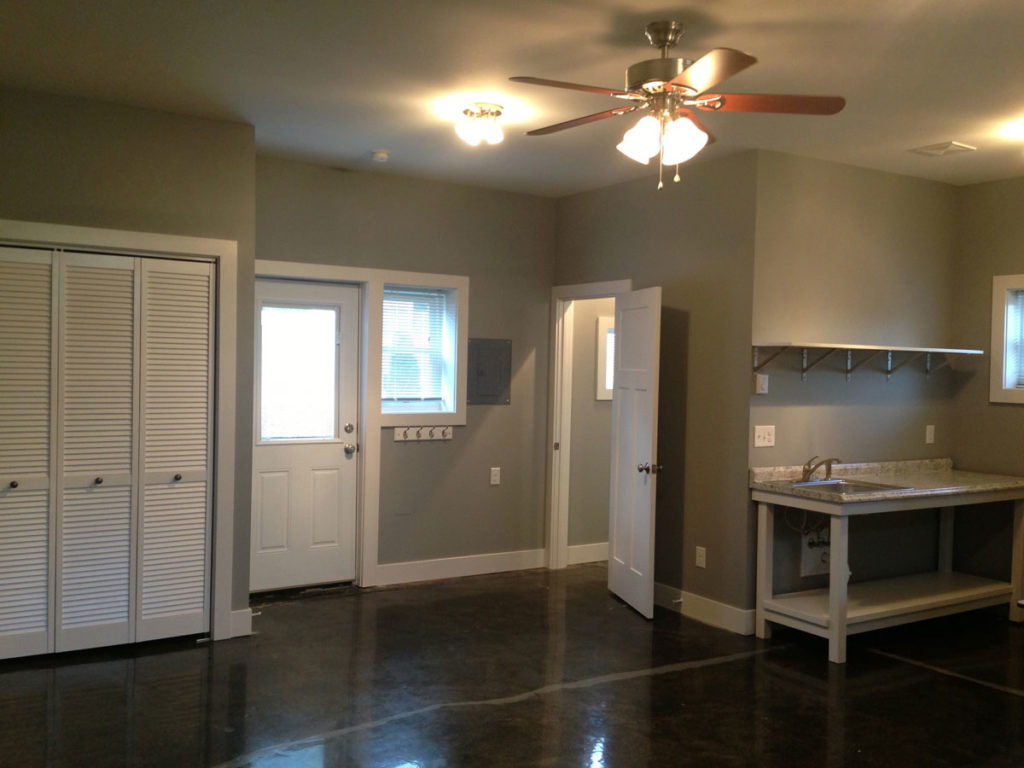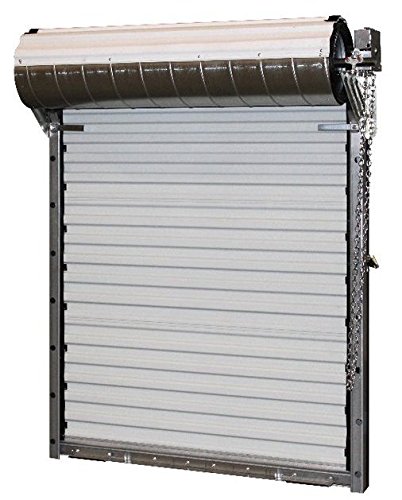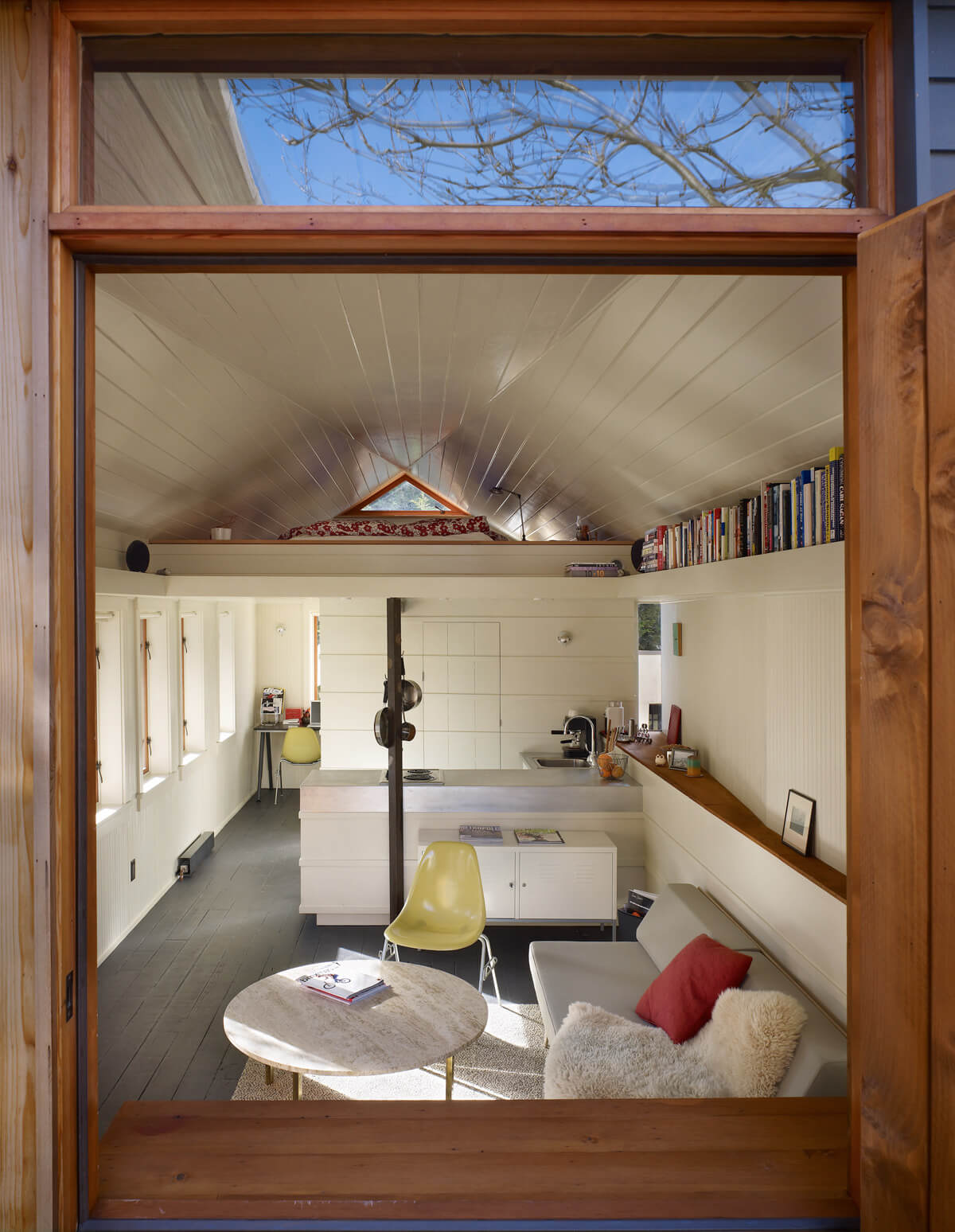
There are many options available if you decide that you need a garage door opener. There are two options: an overhead or wall-mounted garage door opener. Each style has its advantages and disadvantages. However, you can use both to get into and out of your house with ease.
For residential use, wall-mounted garage doors are increasingly popular. They are safer and quieter than overhead garage door openers. They are also easier to install, and require less maintenance than overhead models. Wall-mounted openers are generally more expensive and don't provide the same reliability as overhead systems. They can be used in homes with high ceilings, but they might not work well.
A wall-mounted garage door opener can be a good choice for smaller and more secluded garages. They are also a great solution for garages that have low ceilings or have a sloped ceiling. They can be installed side-by-side on your garage door to make it appear larger.

They are less powerful than overhead garage door openers. They can be heavy and noisy. A nearby electrical outlet is required for their use, which can prove to be inconvenient. On the other hand, they are easier to clean and more accessible.
Wall-mounted openers have the added advantage of being more attractive than overhead ones. Wall-mounted openers are affordable, but you will find different designs. Many openers have Wi-Fi and others allow you to control your phone from anywhere. Some even feature battery backup, which can help you keep your garage doors open when the power goes out.
Wall-mounted doors openers can also be installed in a smaller space than their overhead counterparts. Wall-mounted openers are typically mounted to the door's side, meaning you don’t need to install a rail track. Also, they don't look as bulky as overhead systems.
Although wall-mounted openers aren't as powerful as overhead systems, they are still more than adequate to open any kind of garage door. Genie Wall Mount Smart Garage Door Opener, for example, is the most powerful system and can lift heavy doors upto 850lbs. To prevent accidental drops, it also has a Safe T-Pulse safety system.

Other advantages of wall-mounted openers include the fact that they are less likely to be burglarized. These devices, unlike overhead garage doors, do not have any chains or belts that can be damaged and are much more stable. These devices are easy to maintain, which is a huge advantage for older homes that may not be able or able to pay for a complete renovation.
There are many wall-mounted openers available. You should take into account your budget, your garage size and your family's needs when selecting the right one. Genie, Chamberlain and LiftMaster are some of the most popular manufacturers of these systems.
FAQ
Is $30000 enough to remodel a kitchen?
A kitchen remodel costs anywhere from $15000 up to $35000 depending on what you are looking for. For a complete renovation of your kitchen, you can expect to pay over $20,000. A complete kitchen remodel will cost more than $20,000. However, updating appliances, replacing countertops, or adding lighting can be done for under $3000.
The average price for a full-scale renovation is usually between $12,000-$25,000. There are ways you can save money without sacrificing on quality. A new sink can be installed instead of replacing an older one. This will cost you approximately $1000. You can also buy used appliances at half the cost of new ones.
Kitchen renovations are more time-consuming than other types of projects. Plan accordingly. It's not ideal to begin working in your kitchen, only to find out halfway through that there isn't enough time to finish the job.
It is best to start early. Begin by looking at all options and getting estimates from multiple contractors. Next, narrow your options based on price and availability.
Once you've identified potential contractors to work with, ask for their estimates and compare the prices. Not always the best choice is the lowest-priced bid. It is important to find someone who has similar work experience and will give you a detailed estimate.
When calculating the final cost, remember to add all extras. These could include labor costs, permits, and material charges. Be realistic about how much you can afford and stick with your budget.
You can be open about your dissatisfaction with any of these bids. Tell the contractor why you don't like the initial quote and offer another chance. Don't let your pride prevent you from saving money.
What should I do to my existing cabinets?
It all depends on if you are thinking of selling or renting your home. If you are planning on selling, you might want to take out and refinish the cabinets. This gives buyers an impression of brand new cabinets, and it helps them imagine their kitchens after they move in.
However, if you want to rent your house, you should leave the cabinets alone. Tenants often complain about having to clean up dishes and fingerprints from previous tenants.
You can also consider painting the cabinets to make them look newer. Be sure to use high quality primer and paint. Low-quality paints are susceptible to fading over time.
How do I know if my house is in need of a renovation?
First, you should look at whether your home has been updated recently. If you haven't seen any updates for a few years, it may be time to consider a renovation. If your home appears brand-new, you might consider a renovation.
Second, make sure to inspect the state of your home. You should inspect your home for holes, peeling wallpaper, and broken tiles. But if your home looks amazing, maybe it's time for a remodel.
The general condition of your home is another important factor. Is it structurally sound? Are the rooms clean? Are the floors well-maintained? These are crucial questions when deciding on the type of renovation to do.
Why should I renovate my house instead of buying a new one.
Although it is true that houses become more affordable every year, you still pay for the same area. Even though you may get a lot of bang for your buck, you also pay a lot for that extra square footage.
Maintaining a house that doesn’t need much maintenance is cheaper.
Remodeling instead of buying a brand new home can help you save thousands.
You can transform your existing home to create a space that suits you and your family's lifestyle. Your home can be made more inviting for you and the family.
What would it cost for a home to be gutted versus what it would cost to build one?
The process of gutting a house involves removing all contents inside the building. This includes walls, floors and ceilings, plumbing, electrical wiring and appliances. Gutting is done when you want to make some modifications before moving in. It is often very costly to gut a home because of all the work involved. Depending on what job you do, the average cost for gutting a house is $10,000 to $20,000
Building a home means that a builder constructs a house piece by piece, then adds windows, doors, cabinets and countertops to it. This is typically done after purchasing lots and lots of lands. Building a home can be cheaper than gutting. It usually costs around $15,000-$30,000.
When it comes down to it, it depends on what you want to do with the space. You'll need to spend more if you plan to gut your home. But if your goal is to build a house, you won't need to disassemble everything and redo everything. Instead of waiting for someone to tear it down, you can make it exactly how you want.
What is included in a full kitchen remodel?
A kitchen remodel includes more than a new faucet and sink. There are cabinets, countertops as well, lighting fixtures and flooring.
Full kitchen remodels allow homeowners to modernize their kitchens without the need for major construction. This means there is no need to tear down the kitchen, making the project more manageable for both the homeowner as well as the contractor.
Many services are required for kitchen renovations, such as electrical, plumbing and HVAC. Depending on the scope of the project, multiple contractors might be needed to remodel a kitchen.
Professionals with years of experience working together are the best way ensure a successful kitchen remodel. Kitchen remodels are complex and can be delayed by small issues. DIY projects can cause delays so make sure you have a backup plan.
Statistics
- 55%Universal average cost: $38,813Additional home value: $22,475Return on investment: 58%Mid-range average cost: $24,424Additional home value: $14,671Return on investment: (rocketmortgage.com)
- 5%Roof2 – 4%Standard Bedroom1 – 3% (rocketmortgage.com)
- $320,976Additional home value: $152,996Return on investment: 48%Mid-range average cost: $156,741Additional home value: $85,672Return on investment: (rocketmortgage.com)
- Following the effects of COVID-19, homeowners spent 48% less on their renovation costs than before the pandemic 1 2 (rocketmortgage.com)
- According to a survey of renovations in the top 50 U.S. metro cities by Houzz, people spend $15,000 on average per renovation project. (rocketmortgage.com)
External Links
How To
How can you plan a bathroom within a budget?
The most important thing about any remodeling project is to make sure you can afford it. If you can't afford it now, how will you be able to pay later?
Planning and understanding the costs of a bathroom remodel requires meticulous planning. A bathroom remodeling project is quite expensive, and several factors contribute to its cost.
Labor is one of the largest expenses. Costs for labor depend on the size of your job and whether or not you hire a professional. Professional contractors usually charge more per hour than a DIYer because they have experience and expertise.
Materials are another significant expense. Prices can vary depending on the material you choose. They may be anywhere between $100 and $1000 per square feet.
The cost of energy is also an important factor. This includes both your electricity and gas bills. Energy costs tend to rise during periods of peak demand.
Also, consider how much time it will take to complete the project. Bathroom renovations generally require a lot of time and patience. Some projects take weeks while others take months.
Beyond these three categories, there are many smaller items, such as paint, wallpaper or flooring, that add to the overall cost of the project.
Here are some tips that will help you make the right decision about how to approach your bathroom remodeling job.
-
Determine your budget - Before beginning any remodeling project you need to know what you can afford. It doesn't matter whether you believe you can afford it. It is important to establish a realistic budget so that you can see where your finances are at all times.
-
Plan ahead - When possible, schedule your bathroom remodel during the off-season. Lower energy usage in winter means you'll save money on heating or cooling. You might even want to plan your remodel in the evening when less people use the toilet.
-
You can shop around - Once your budget has been established, you should start to search for potential vendors. Many options are available to choose from, including local retailers, online merchants, and even family members who might be willing and able to assist you in the project.
-
Select an Estimator - After you have identified potential vendors, contact each one to obtain estimates. To get the best pricing possible, you will want to get multiple estimates.
-
Get Multiple Estimates - After receiving your initial estimates, you should compare them against one another to see which vendor offers the lowest price. Once you have chosen the vendor you want, it is time to ask them for a written estimate.
-
You must include all costs when preparing estimates. Particularize on any fees, taxes, permits or other requirements that may be applicable to your area.
-
Do not overlook the small details - When planning your bathroom remodel, it is important to pay attention to the smallest details. Are you looking for a new toilet, or do you just need one? Is there sufficient space to mount a shower curtain rod on the wall? These adjustments can easily raise the cost of the project.
-
Insurance is a must - You should check with your insurer to confirm that you have enough coverage. If you don't, you risk incurring additional expenses down the road.
-
Hire a professional - After your bathroom remodel is completed, hire a professional installer to finish the job. It is possible to complete the task yourself, but it is better to let someone else do it.